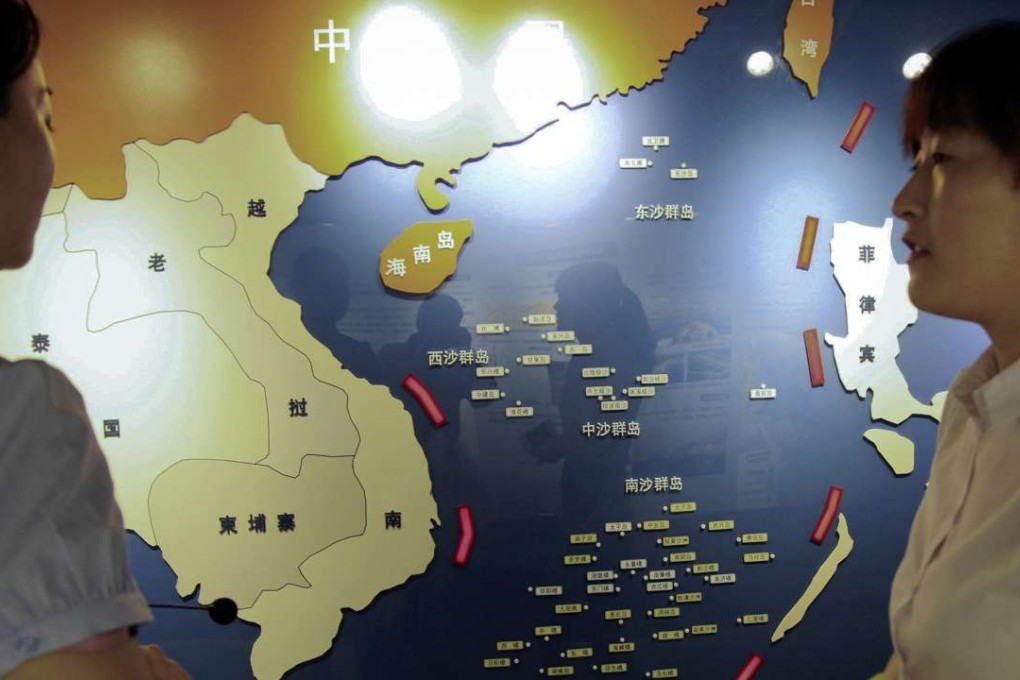Beijing’s claim about its ownership of the South China Sea needs to be rebutted
Philip Bowring says Beijing’s assertions of sovereignty over the South China Sea are just ahistorical cant, and are being used to justify an unwarranted sense of superiority

Thuggery with a racist tinge? It is worse than that. Tell a lie often enough, and people come to believe a justification for aggression.
In China’s case, this is summed up by the oft-repeated (most recently by Foreign Ministry commissioner Song Zhe in this paper) words, “China has had indisputable sovereignty over the South China Sea islands and surrounding waters since ancient times”.
No illegal verdict will ever resolve South China Sea disputes
If the likes of Song were to read history rather than the song sheets of the Communist Party, they would know that the Chinese were latecomers to trade and navigation in these waters. Most of the evidence for that comes from written Chinese sources, such as 4th-century monks travelling to Buddhist centres in Sumatra, India and Sri Lanka. Later Arab and Indian sources confirm it, as do Chinese travellers such as Wang Dayuan in the 14th century. It was natural that the non-Chinese maritime people, famous for their seagoing exploits, who occupy about 70 per cent of the sea’s coast – and more if one includes Taiwan – were the primary presence.
Chinese were never the main traders on the now much touted, via the “One Belt, One Road” mantra, Maritime Silk Road. Indeed, for long they were not involved. China was the market but not the principal conductor of trade. Zheng He’s voyages were demonstrations of power more than of commerce. Chinese only became the biggest of the regional players in the 18th century, but the Western ships dominated.

In the South China Sea, Beijing is a big fish in a small pond
It can be hard for Chinese to accept that they were not the leading sea traders. In the traditional Chinese canon, these southern people are barbarians lacking Chinese “civilisation” and darker skinned, a sure sign of lower status in society. Today, such attitudes are reflected not just in how domestic helpers from Indonesia and the Philippines are treated but in the inability of a self-absorbed China to see history other than through its sense of superiority.
China never lost the so-called South China Sea because it never, ever owned it